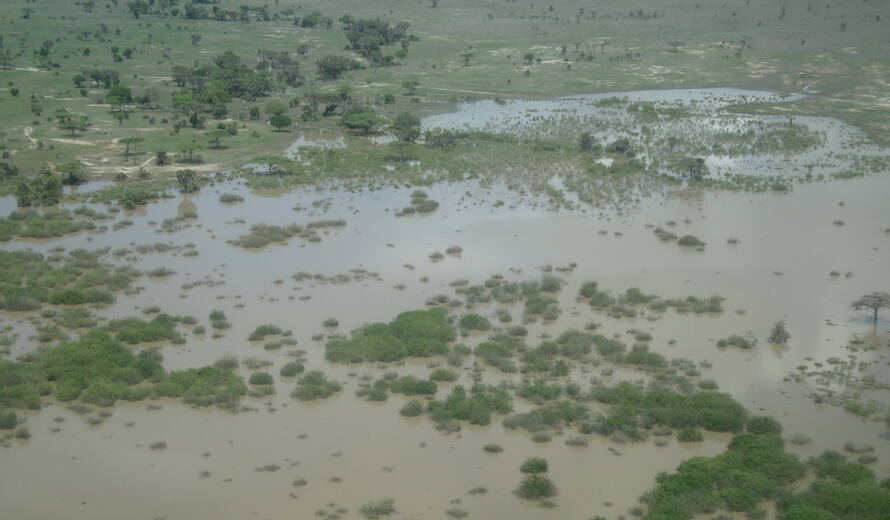Dire projections by global biodiversity report lead to calls for transformative change

Launched at UNESCO in Paris on Monday 6 May, the Global Assessment Report on Biodiversity and Ecosystem Services by the Intergovernmental Science-Policy Platform on Biodiversity and Ecosystem Services (IPBES) sends an alarming message to the world. Ecosystems and biodiversity are deteriorating faster than at any time in human history, undermining humanity’s well-being and future existence.
The assessment notes that the increase in global trade and economy over the past 30 years has doubled the demand for living materials from nature. Between 500,000 and 1 million species are projected to become extinct in the next decades, 75 percent of terrestrial and 40% of marine environments are altered by human activity, and approximately half of live corals have been lost since 1870. These catastrophic trends are further exacerbated by the effects of climate change. The resulting erosion of ecosystem services and functions, such as animal pollination and water regulation, will affect negatively human health and quality of life.
“Due to the unparalleled degradation of the natural world, humanity is losing its irreplaceable natural and cultural heritage but also risking its own future,” said Mechtild Rössler, Director of the UNESCO World Heritage Centre. “World Heritage sites are some of nature’s last strongholds and essential for protecting the planet’s most exception places for future generations. It is crucial that they set the example for management excellence that ensures their integrity and contribution to sustainable human development.”
The assessment calls on effective implementation of multilateral environmental agreements and transformative change to address the drivers of change, including land conversion, overexploitation of natural resources and climate change. This would require shifts in global financial and economic systems to build a global sustainable economy, according to the report.
“We hope the assessment will send a clear signal to policy makers across the planet that there is extreme urgency to address the global biodiversity crisis,” stated Ms Rössler on behalf of the Biodiversity-related Conventions that were present at the IPBES-7 Plenary, namely, CBD, CITES, CMS, the Ramsar Convention and the World Heritage Convention, during the closing plenary on 4 May. “It is clear that it is our duty to manage and regulate the use of biodiversity and ecosystem services in a more sustainable manner so that current needs, and the needs of future generations, can be assured.”
“Across the range of our respective mandates, the work of the biodiversity-related conventions is more relevant than ever. The implementation of these Conventions provides for concrete actions to conserve and sustainably use species and ecosystems. These actions have been at the basis for some of the existing success stories of conservation of biodiversity while securing human well-being,” added Ms Rössler.
Prepared by 150 leading international experts from 50 countries and approved by 132 Governments, IPBES' 2019 Global Assessment Report on Biodiversity and Ecosystem Services is the first-of-its-kind global synthesis of the state of nature, ecosystems and nature's contributions to people’s lives. UNESCO is an institutional co-sponsor of IPBES, together with UNEP, FAO and UNDP.
The IPBES-7 also adopted the work programme of the Platform up to 2030, in which the important role of connectivity in ensuring integrity and resilience in socioecological systems, jointly promoted by CMS, UNCCD and the World Heritage Convention, was addressed.
In light of the milestone global assessment report and the second work programme, the Biodiversity-related Conventions look forward to ever-stronger collaboration and alignment between IPBES and each of the Conventions to realize our individual and collective potential and strengthen the impact of our work.
To download the report: www.bit.ly/IPBESReport (link is external) – Password: IPBES7Global
Statement by the Convention on Biological Diversity: https://www.cbd.int/doc/press/2019/pr-2019-05-06-IPBES-en.pdf